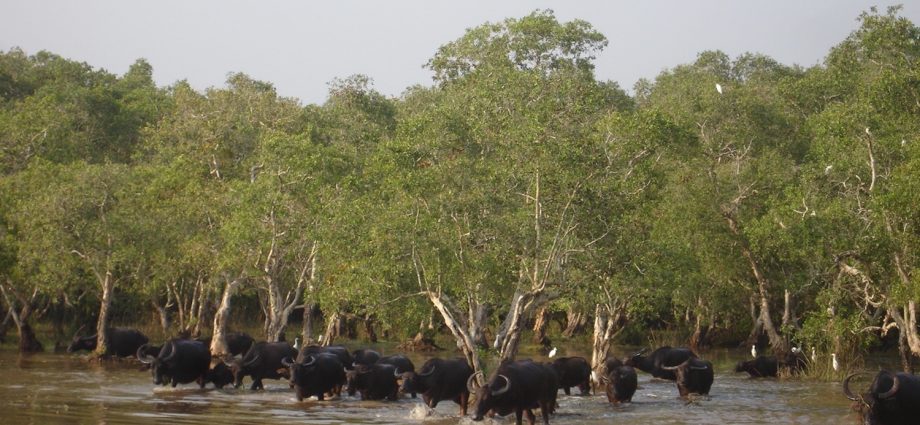Thale Noi ecosystem centred on raising water buffaloes singled out by FAO

The Thale Noi wetland in southern Thailand, site of a rich ecosystem centred on raising water buffaloes, has been selected for an important global distinction by the Food and Agriculture Organization (FAO).
The area that straddles the provinces of Phatthalung, Nakhon Si Thammarat and Songkhla was one of five new sites — the others are in China, Mexico, Morocco and Spain — that were formally recognised this week as Globally Important Agricultural Heritage Systems (GIAHS) by the United Nations agency.
The selection criteria stipulate that sites must be of global importance, have value as a public good, supporting food and livelihood security, agro-biodiversity, knowledge systems, social values and culture as well as outstanding landscapes.
According to the FAO, Thale Noi is a diversified farming system marked by longstanding interaction between humans and buffaloes. Over the centuries, pastoralism has shaped and conserved the biodiversity and landscapes while buffaloes adapted to survive in this environment where the land is flooded for almost five months during the year.
“The system involves a range of mutually supportive practices such as animal herding, fishing, water plant cultivation, harvesting of non-timber forest products and tourism,” it said. “These provide the foundations for local food and livelihood security, biodiversity conservation and solidarity among local communities.”
The buffaloes are herded either free-range or using pens where animals are sheltered at night. During the monsoon season, buffaloes are kept in sheds, typically built 1.5 metres above ground.
Residents of the area have also developed a strong base of expertise in fishing techniques using traditional equipment to improve food security during the monsoon season, while during the dry season they turn their hands to farming, the FAO added.

(Photo: FAO GIAHS)

